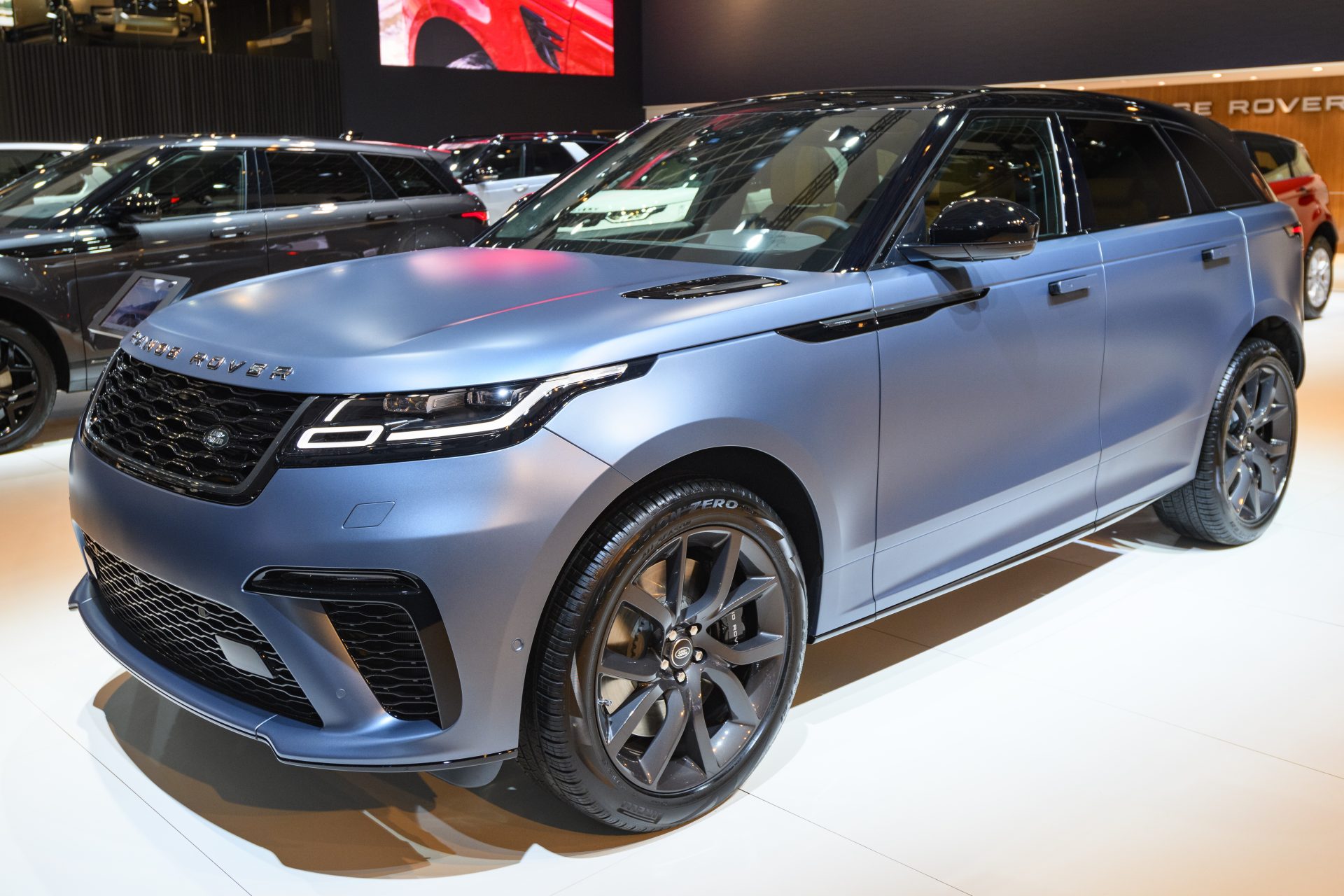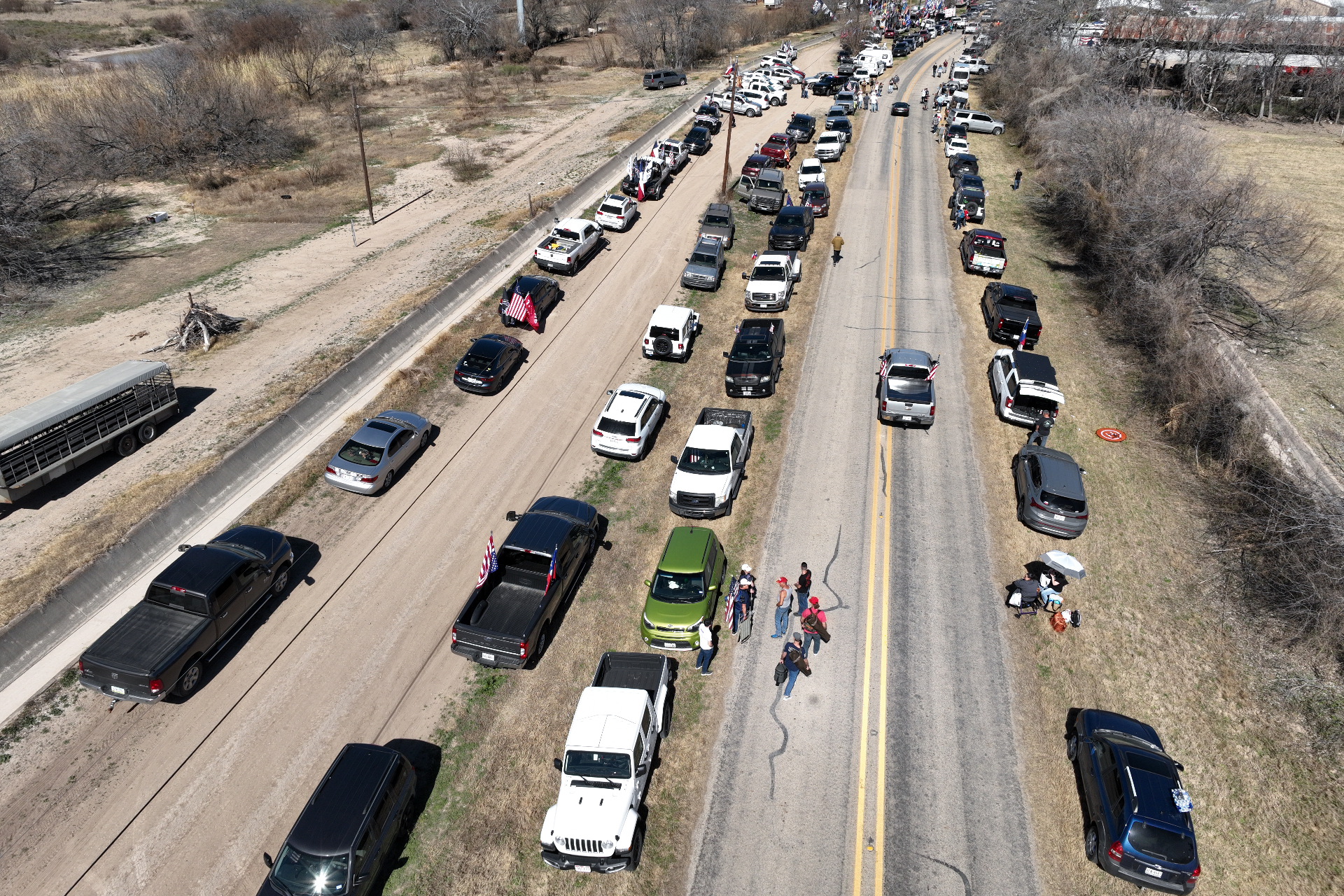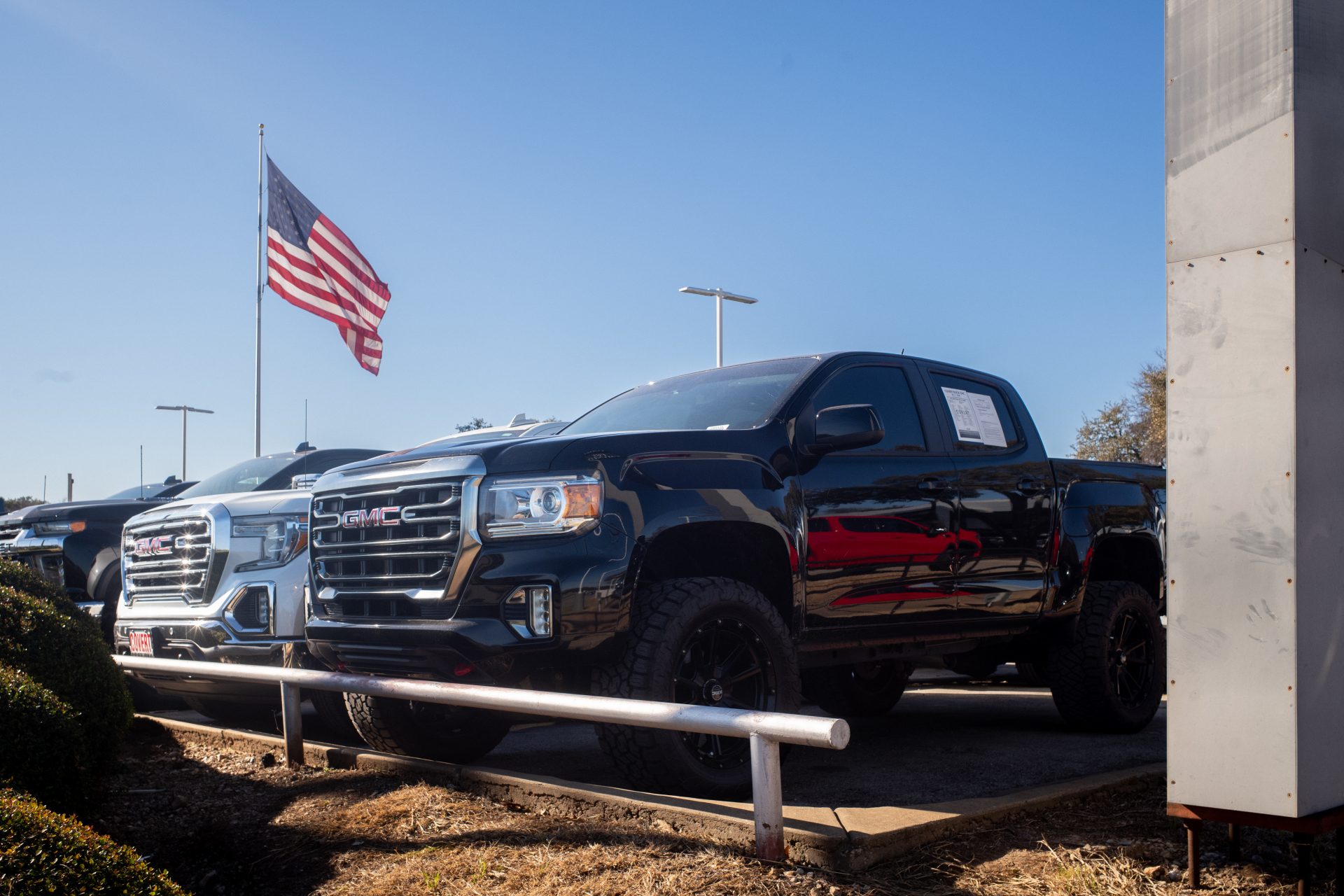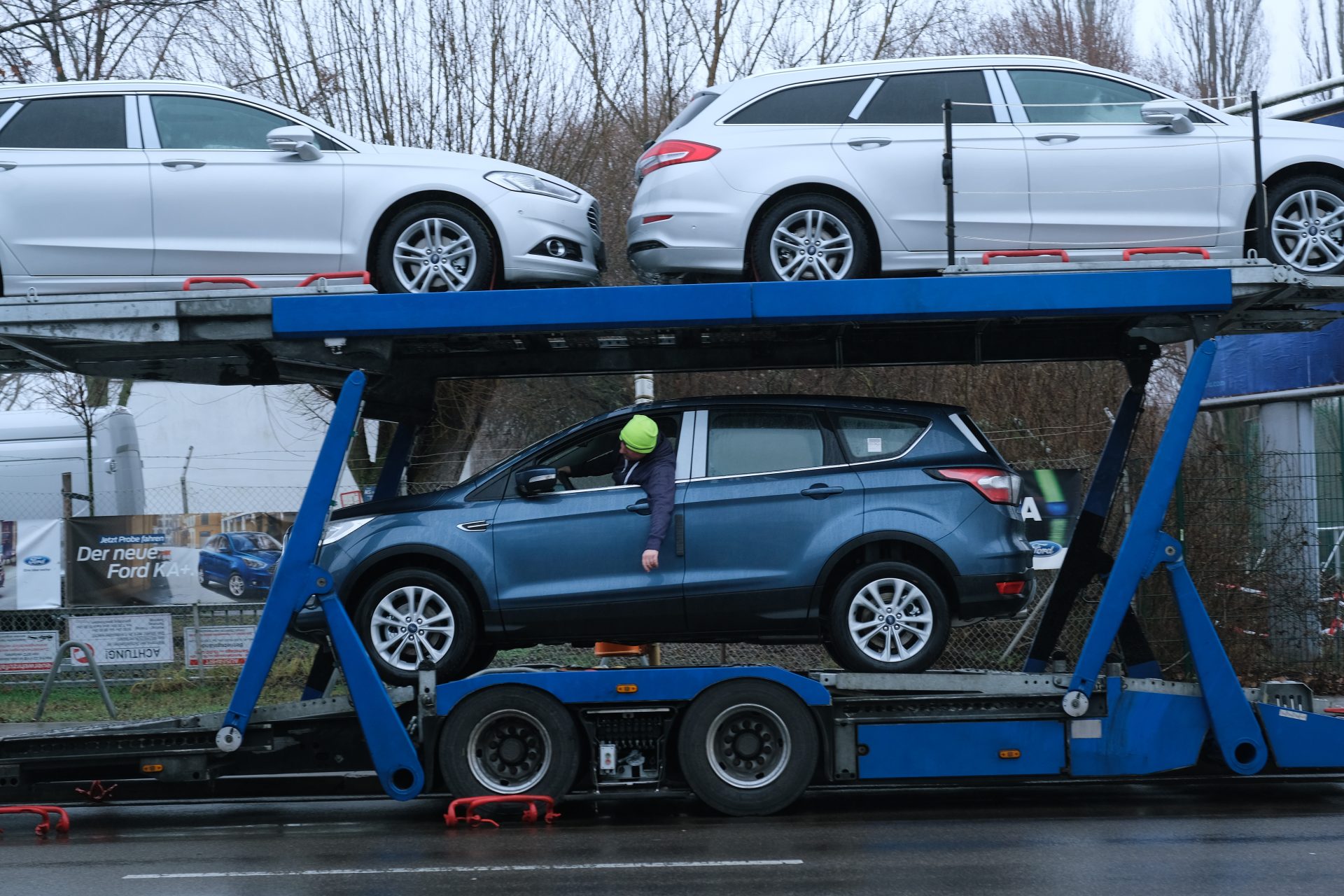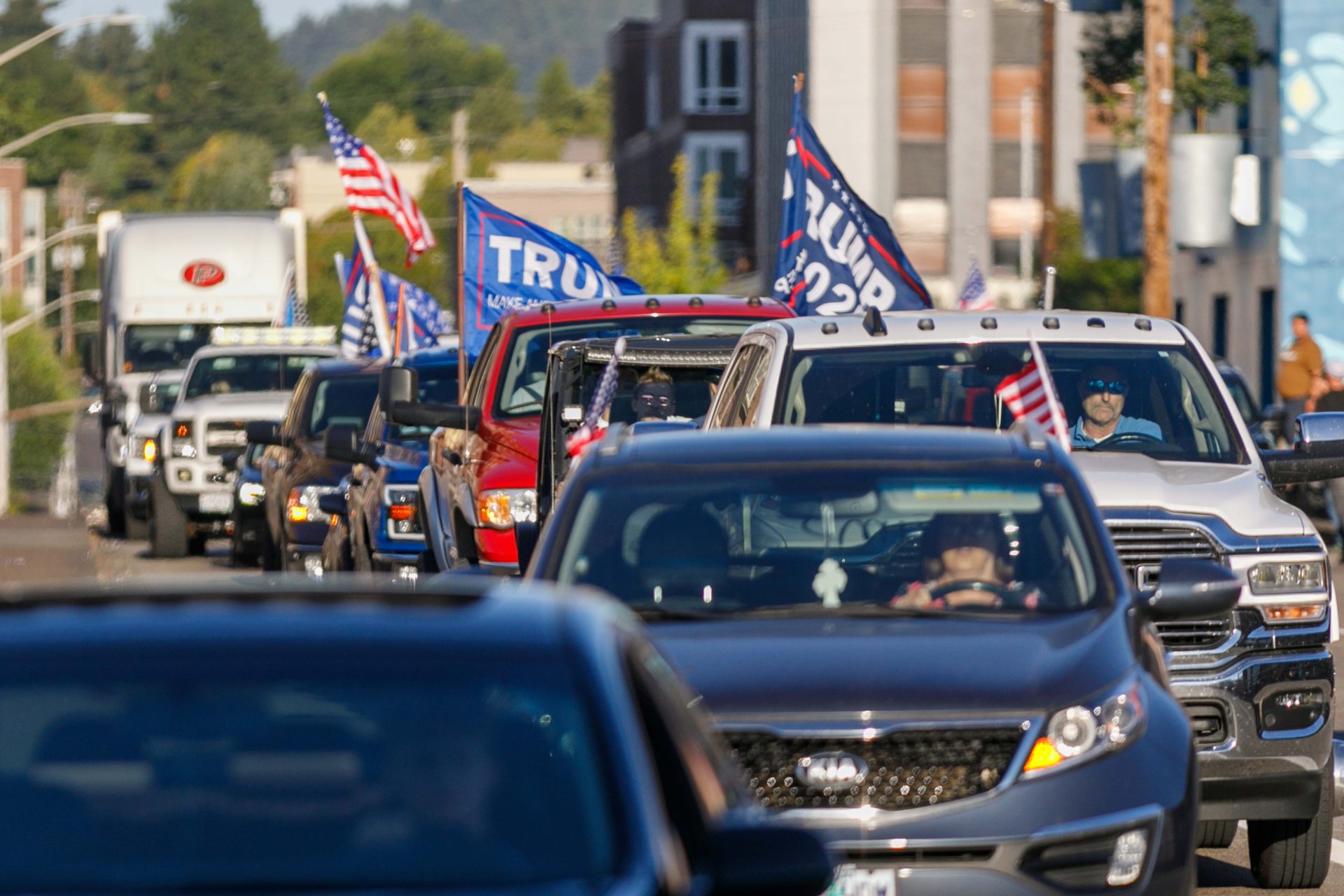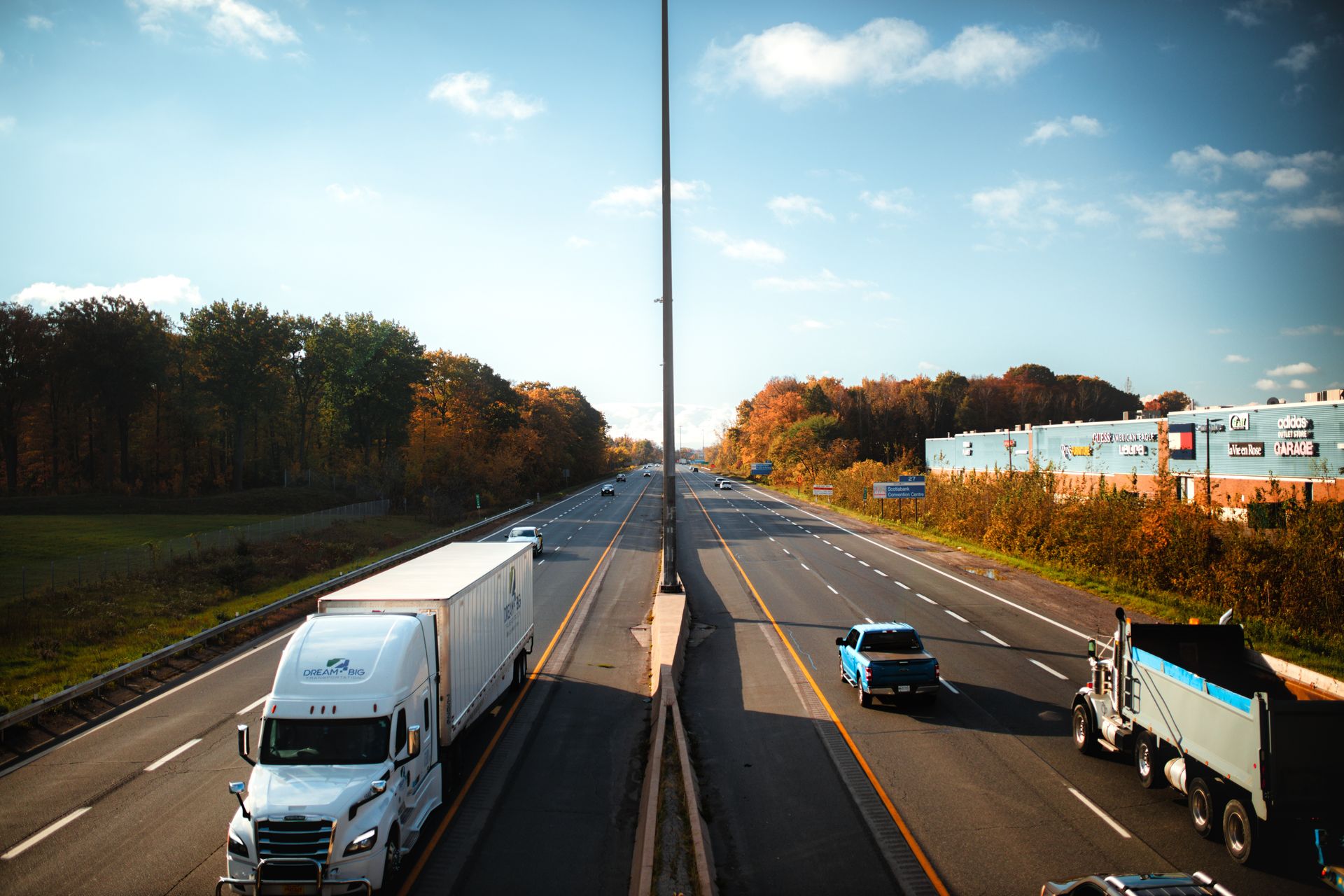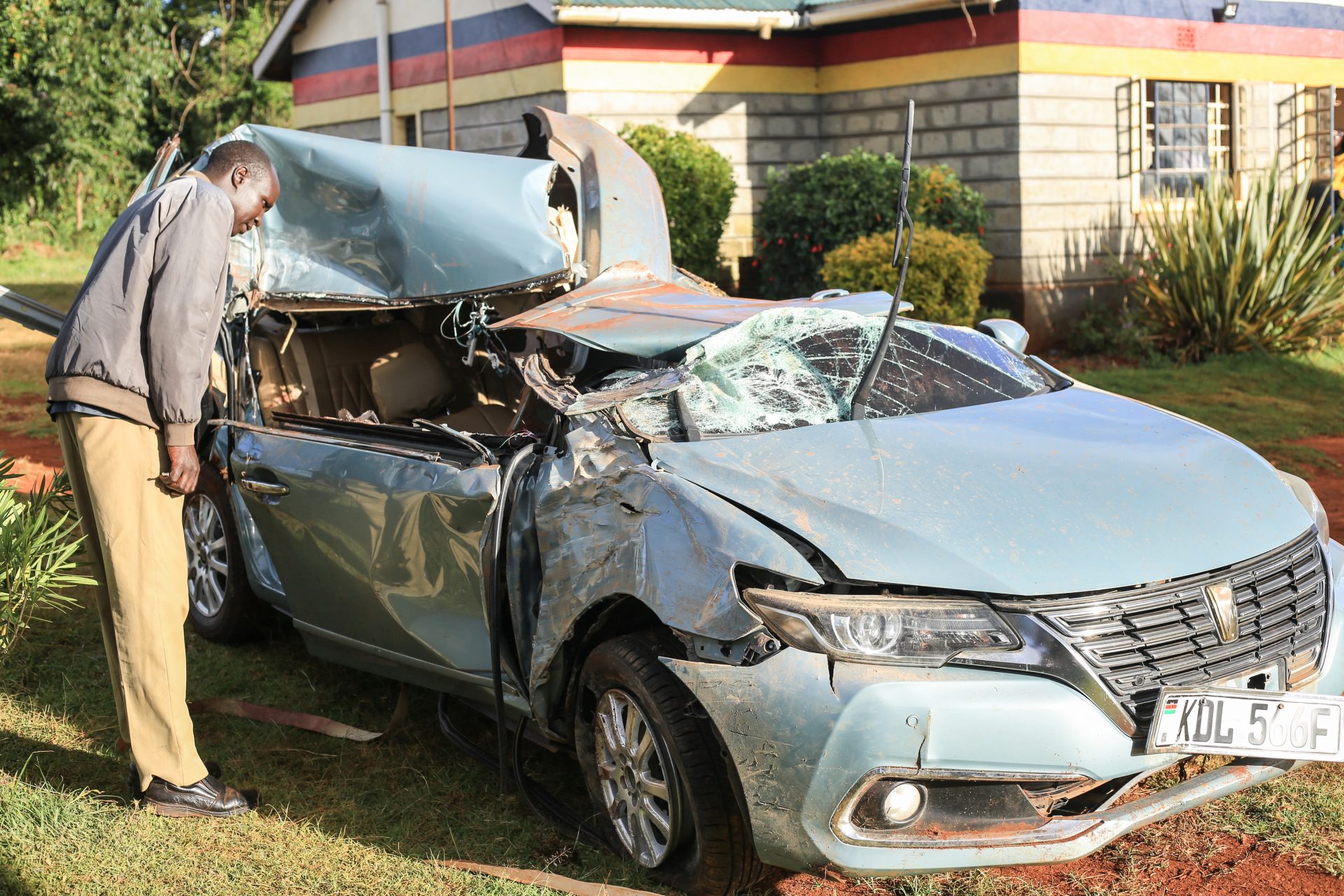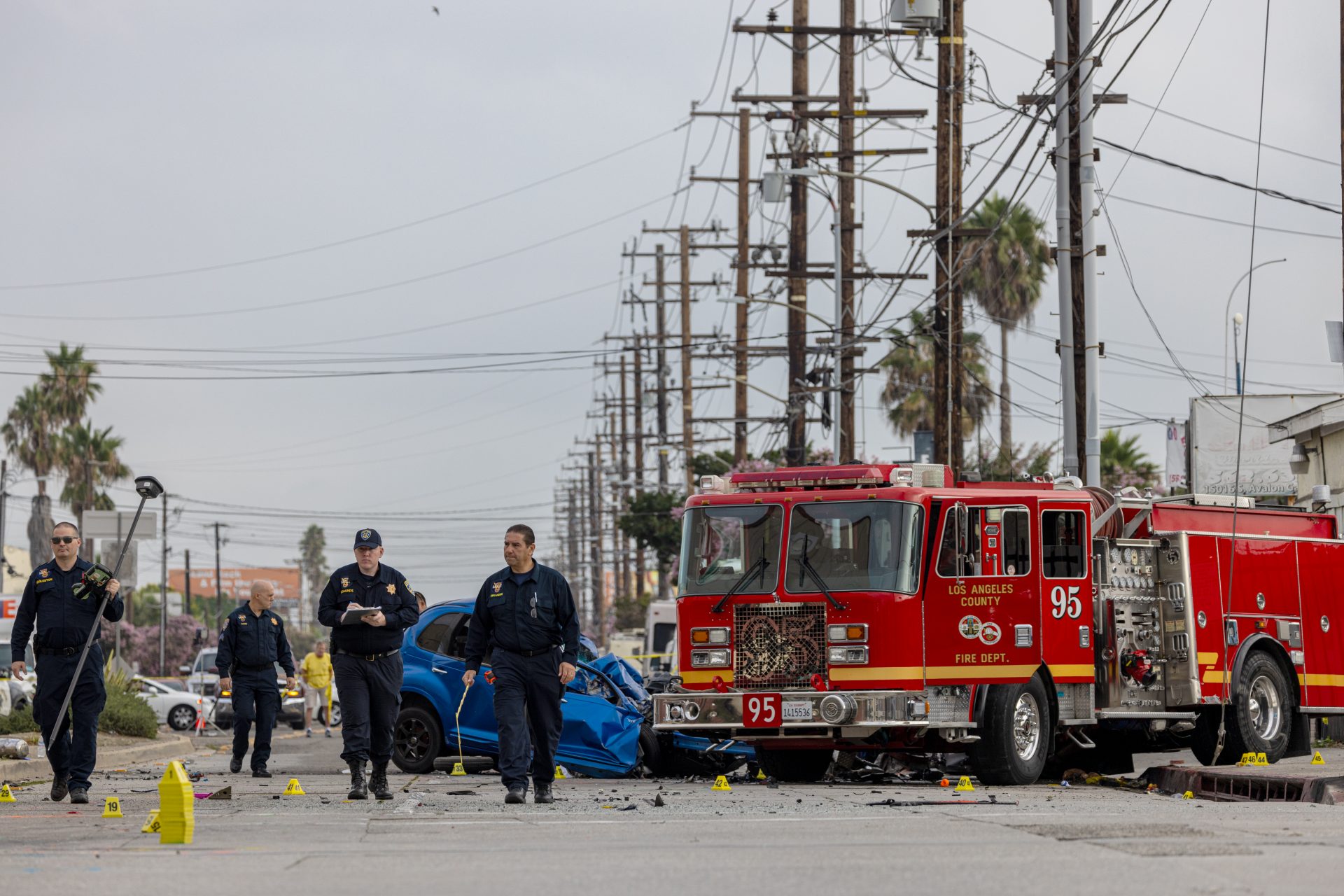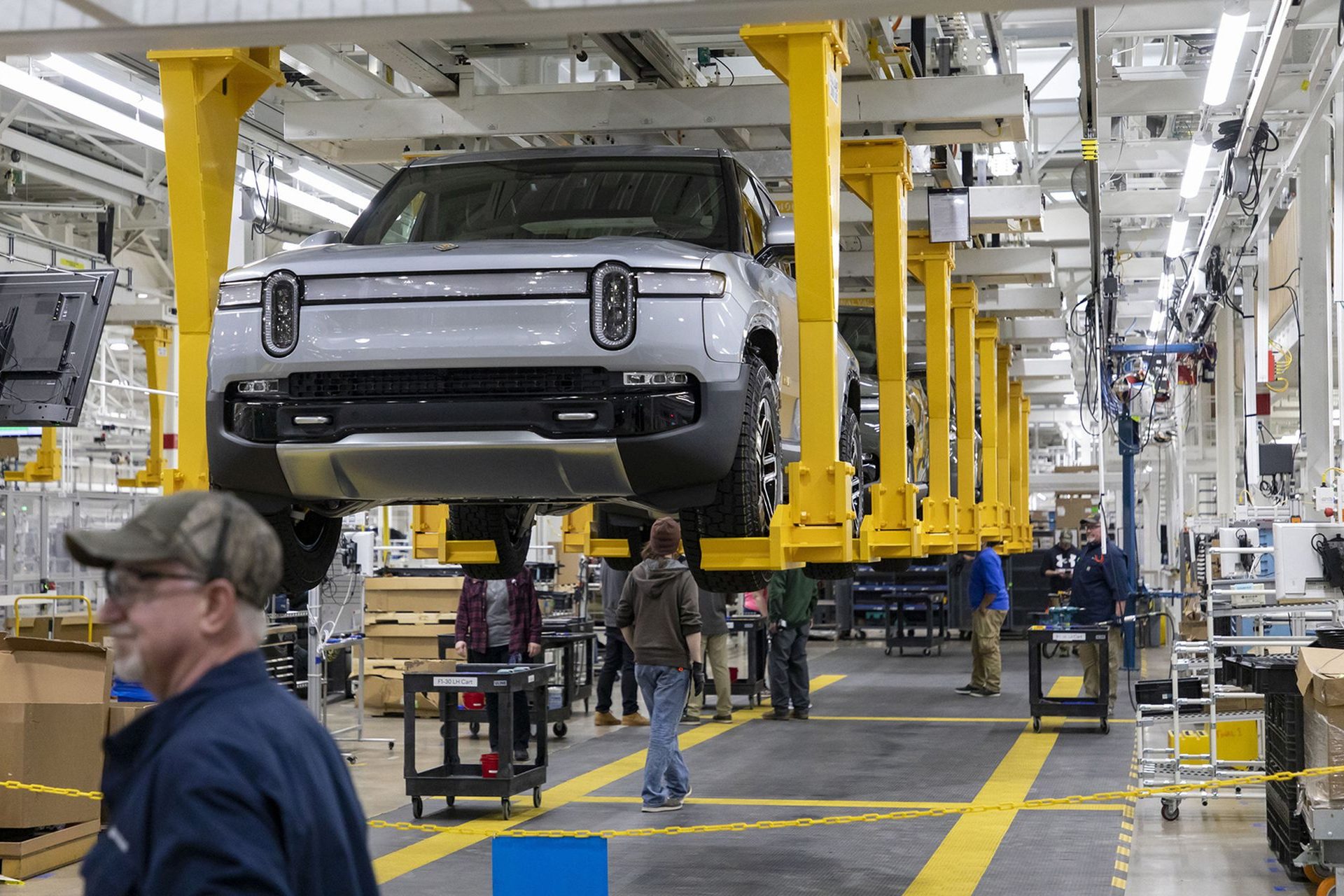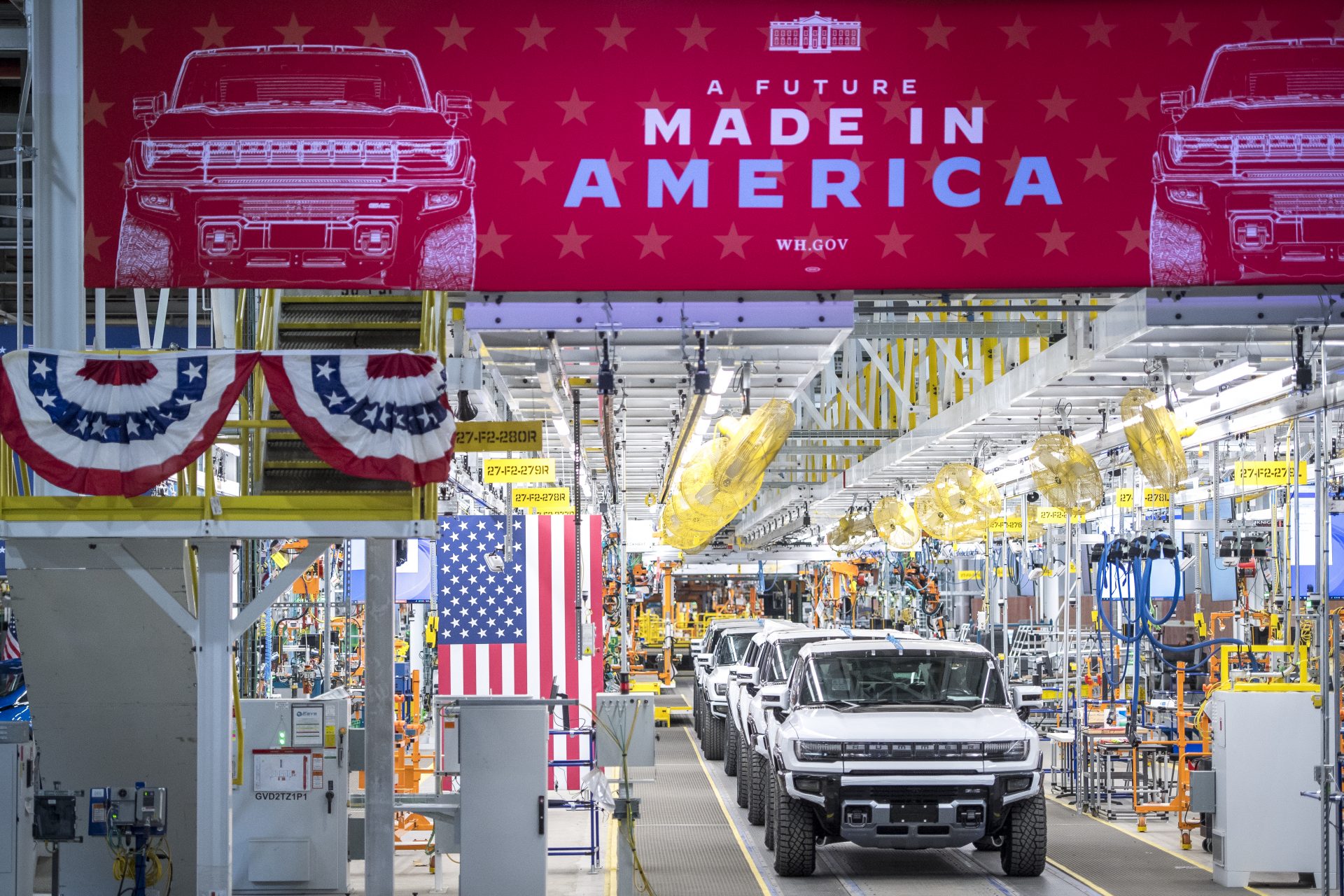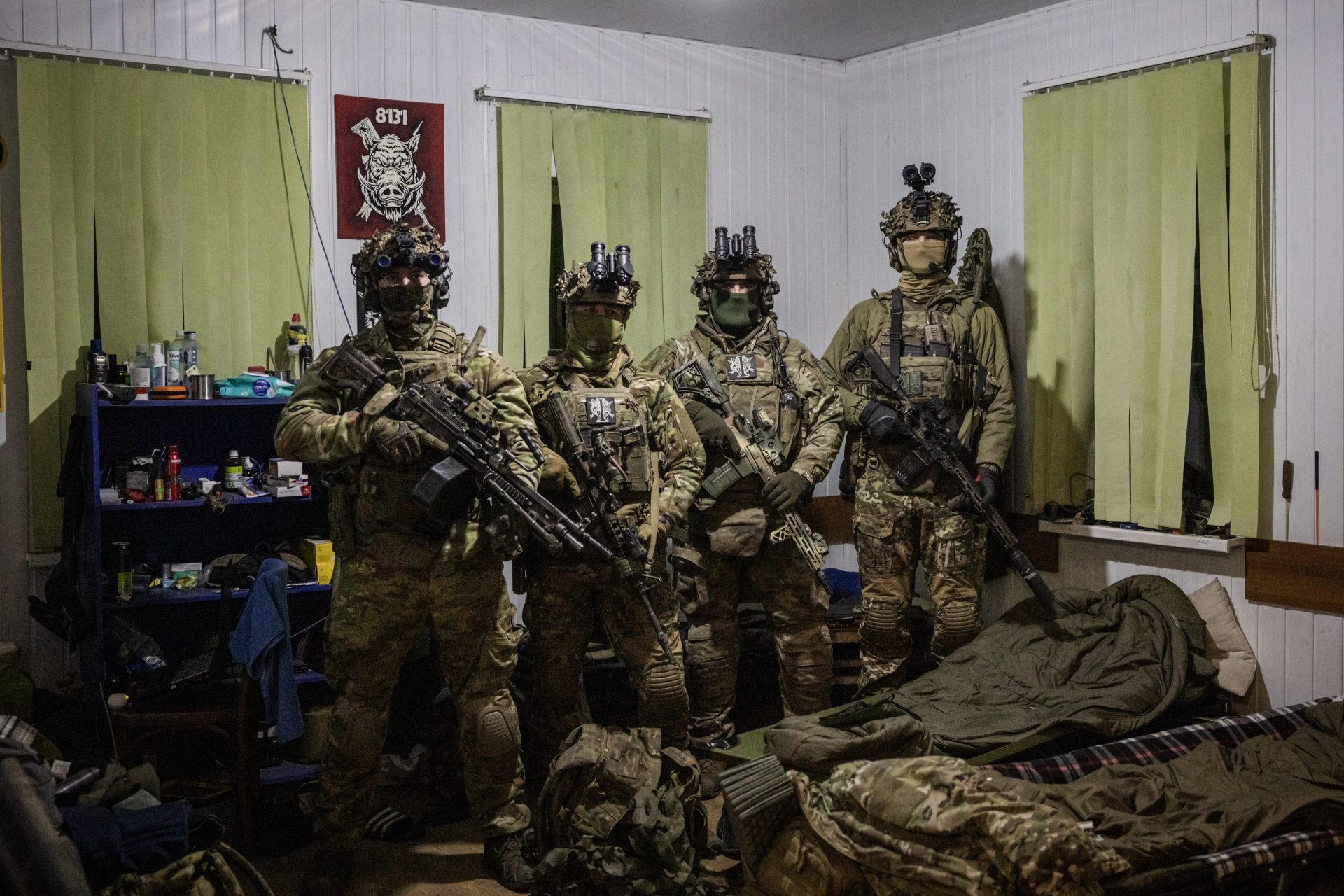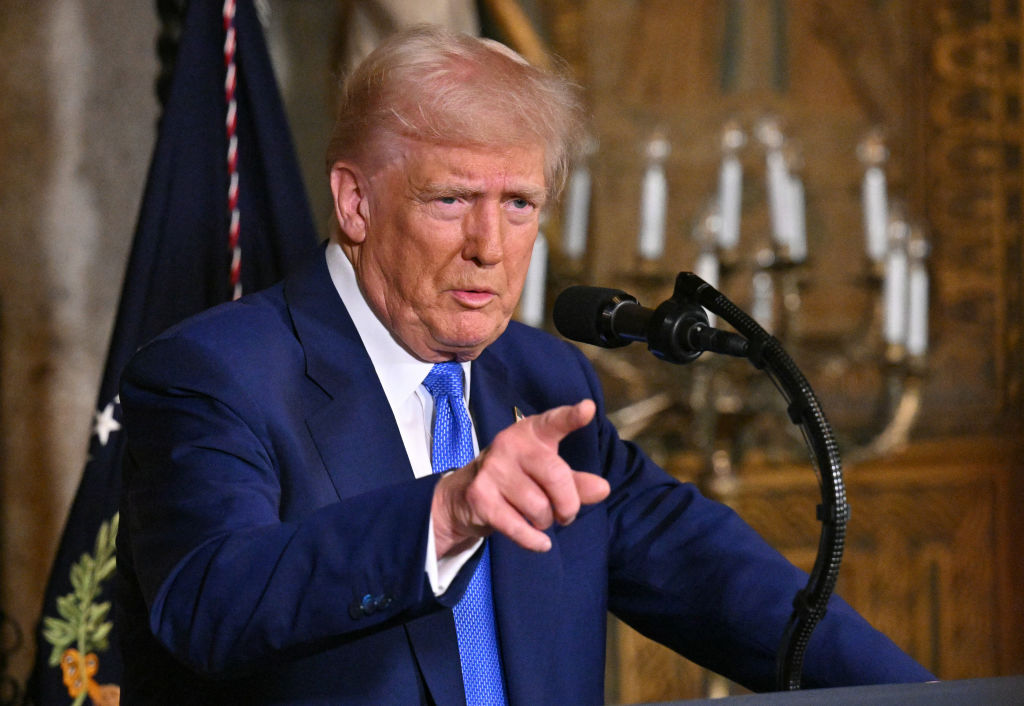Why are Americans obsessed with big cars?
SUVs and pickup trucks are the most common vehicles on American roads. Larger cars are far more popular than smaller ones, unlike in the rest of the world.
According to experts cited by CNBC and Vox, consumers drive automakers to build larger models each year, and in return, other automakers make their models larger, too.
According to information by industry analyst JATO Dynamics, collected by CNBC, city cars, subcompacts, and compacts account for 35% of yearly sales in Europe but only 10% in the US.
According to Vox, 80% of all new cars sold in the US in 2022 were pickup trucks and SUVs. This number is far higher than in 2011, when 52% of the vehicles sold in America were trucks and SUVs.
The Financial Times columnist John Burn-Murdoch signaled a partisan difference between Democrats, who choose smaller cars, and Republicans, who buy larger models.
Burn-Murdoch explained that the difference escapes geographical conditions. Whether in large cities or rural areas, blue voters buy small cars, and red voters buy SUVs or trucks.
Still, there are other reasons big vehicles take up so much of the American market. Automakers push larger vehicles because they are more expensive and, according to experts, regulations push truck production.
In the 1970s, the American government placed regulations in response to an oil price crisis. The policy taxed family sedans but not trucks to protect the American industry.
The tax and regulations made trucks a more lucrative option for automakers. Since the definition of a truck is vague, SUVs and crossovers fit and are attractive options for the industry.
Photo: Dillon Kydd / Unsplash
Emission laws also promote the production of larger vehicles. According to an expert cited by CNBC, a 2000 regulation to protect American automakers guarantees less stringent rules for larger vehicles.
A heavier and bigger fleet has consequences for safety on roads. According to The Financial Times, as American cars have gotten more massive, the mortality of traffic accidents has also increased.
Until 2021, car accidents were the second cause of death among individuals younger than 45 in the US. That year, more than 40,000 people died on American roads.
The US has the highest road mortality rate in the developed world: 12.9 deaths per capita yearly. The closest one is Chile, with just over 10, and New Zealand, with less than 8.
According to The Financial Times, the deaths of drivers have decreased by 22%, but the deaths of pedestrians have increased by 57%.
Larger vehicles are more dangerous for cyclists, pedestrians, and people in smaller cars, so consumers are forced to buy larger vehicles for safety.
The heavier fleet also makes transportation one of America's most significant sources of greenhouse gas emissions. Trucks and SUVs are worse for the environment than sedans.
More for you
Top Stories





